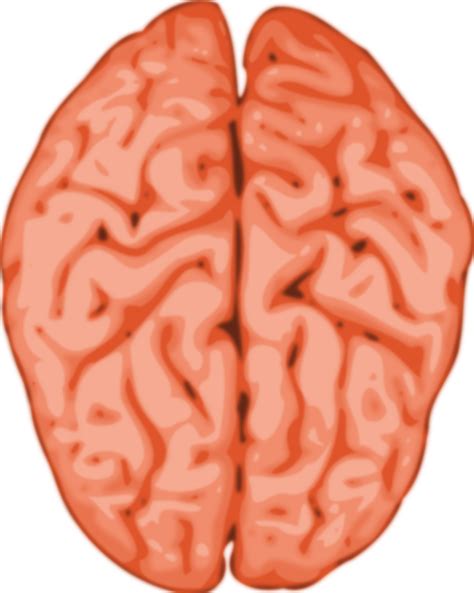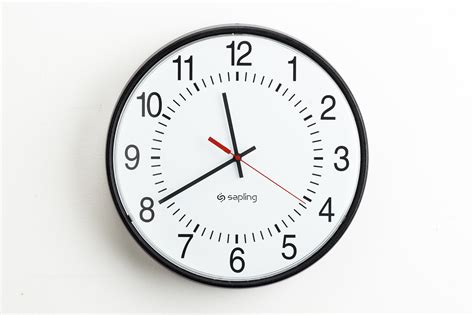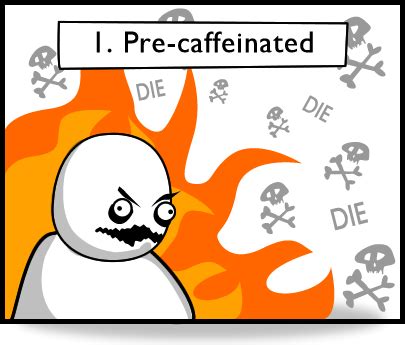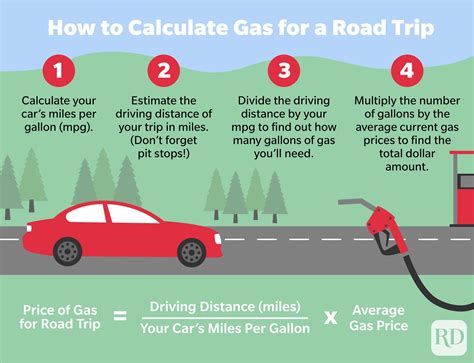For many men, the morning ritual of a coffee, tea, or energy drink is non-negotiable, a crucial kickstart to the day. This pre-noon caffeine boost is often seen as a harmless, even essential, part of productivity. However, a lingering question for health-conscious individuals is: does this early intake truly dissipate by bedtime, or does it cast a long shadow over the quality of evening sleep?
The Science of Morning Caffeine and Its Lingering Effects
Caffeine, a central nervous system stimulant, works primarily by blocking adenosine receptors in the brain. Adenosine is a neurotransmitter that promotes relaxation and sleepiness. By inhibiting its action, caffeine keeps us alert and reduces the perception of fatigue. When consumed in the morning, caffeine quickly enters the bloodstream, with peak effects usually felt within 30-60 minutes.

The crucial factor determining its evening impact is caffeine’s half-life – the time it takes for half of the substance to be eliminated from the body. For most adults, this ranges from 3 to 7 hours, but it can vary significantly due to genetics, liver function, and other factors. This means that if a man consumes caffeine at 8 AM, a substantial amount could still be circulating in his system well into the afternoon, and even some by bedtime, depending on the dosage and individual metabolism.
Impact on Sleep Architecture: More Than Just Falling Asleep
While some men might claim they can “sleep fine” after a morning coffee, research suggests that even residual caffeine can subtly disrupt sleep architecture. This disruption often manifests not in the inability to fall asleep, but in reduced quality and duration of deeper sleep stages, particularly slow-wave sleep (SWS) or deep sleep. SWS is vital for physical restoration, memory consolidation, and hormone regulation.

Furthermore, caffeine can prolong sleep latency (the time it takes to fall asleep) and increase awakenings during the night, even if the individual isn’t consciously aware of them. This fragmented sleep prevents the body and brain from completing their necessary restorative cycles, leading to feelings of grogginess and reduced cognitive function the next day, despite having spent enough time in bed.
Individual Differences and Tolerance Levels
The extent to which morning caffeine impacts evening sleep is highly individual. Genetic variations, particularly in the CYP1A2 enzyme responsible for metabolizing caffeine, play a significant role. “Fast metabolizers” might clear caffeine from their system more quickly, experiencing fewer sleep disturbances, while “slow metabolizers” could feel the effects for much longer.
Tolerance also develops with regular consumption. A habitual coffee drinker might feel less acutely stimulated by a dose that would significantly disrupt a sporadic user’s sleep. However, even with tolerance, the underlying physiological effects on sleep architecture can persist, albeit less noticeably. Age can also be a factor, as older men may metabolize caffeine more slowly.

Strategies for Optimal Caffeine Enjoyment and Restful Sleep
Understanding the connection between morning caffeine and evening sleep allows for more informed choices:
- Timing is Key: Aim to consume your last dose of caffeine at least 6-8 hours before your planned bedtime. For many, this means cutting off caffeine by early afternoon.
- Mind Your Dosage: High doses of caffeine, even if consumed early, will have a more pronounced and longer-lasting effect. Consider the total milligrams consumed throughout the morning.
- Listen to Your Body: Pay attention to how you feel. If you wake up tired, struggle to fall asleep, or experience fragmented sleep, your morning caffeine habit might be a contributing factor.
- Stay Hydrated: While not directly related to caffeine metabolism, adequate hydration is crucial for overall health and can sometimes be confused with needing another coffee.
- Decaffeinated Alternatives: If you enjoy the ritual, consider switching to decaffeinated options later in the day.

Conclusion
While a morning caffeine habit can offer immediate benefits in terms of alertness and focus, its impact on evening sleep quality in men is a nuanced and often underestimated factor. The lingering presence of caffeine in the system can subtly disrupt vital sleep stages, leading to less restorative rest even if one feels they’ve slept through the night. By understanding caffeine’s half-life, individual metabolic differences, and adopting strategic timing, men can continue to enjoy their morning ritual without inadvertently sacrificing the quality of their precious evening slumber.





